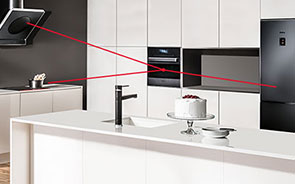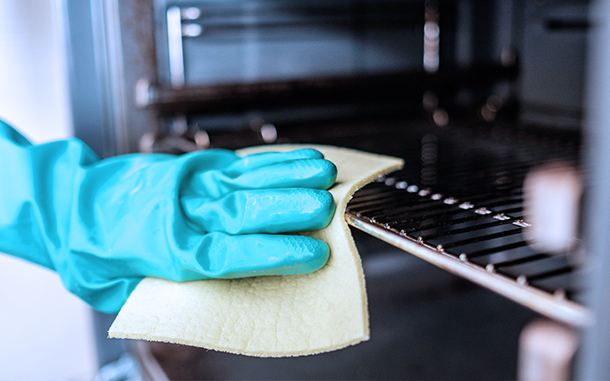There are many criteria to consider when we buy a new household appliance. Energy efficiency seems to be a particularly important one, given the continuous hikes in electricity prices. While appliances with a higher energy efficiency class can be more expensive to purchase, they might be worth it if we plan to use them daily.
Energy efficiency class: what does it mean?
Every power-consuming device is rated with an energy efficiency class from G, which indicates the highest electricity consumption, to A+++, which indicates the lowest consumption. Most new appliances sold today are rated between A and A+++. This is thanks to their improved parameters: the higher the energy efficiency, the more pluses. The manufacturer should also specify the annual electricity consumption in kilowatt-hours (kWh) to make the choice easier for consumers.
Up to 40% less energy
The most hard-working appliances at home are refrigerators and freezers. They are plugged in all the time, so opting for a higher energy efficiency class can significantly reduce our electricity bills. Hansa refrigerators rated at an energy efficiency class of A++ save up to 30%, and freezers of the same class save up to 40% of electricity compared to class A appliances.
Is energy efficiency always important?
Of course not every household appliance needs to be highly energy-efficient, it all depends on how often we use them. Families with many children should certainly consider buying a more efficient washing machine, while a dishwasher rated A++ or A+++ is a good idea if we regularly host parties. To put things into perspective, a Hansa dishwasher with an energy efficiency class of A++ gives us 70 free cycles a year.
If our family is keen on eating healthily, we might also look for a more energy-efficient oven. Everyday meals are not just the key to keeping everyone well and happy, but also another opportunity to generate savings.












